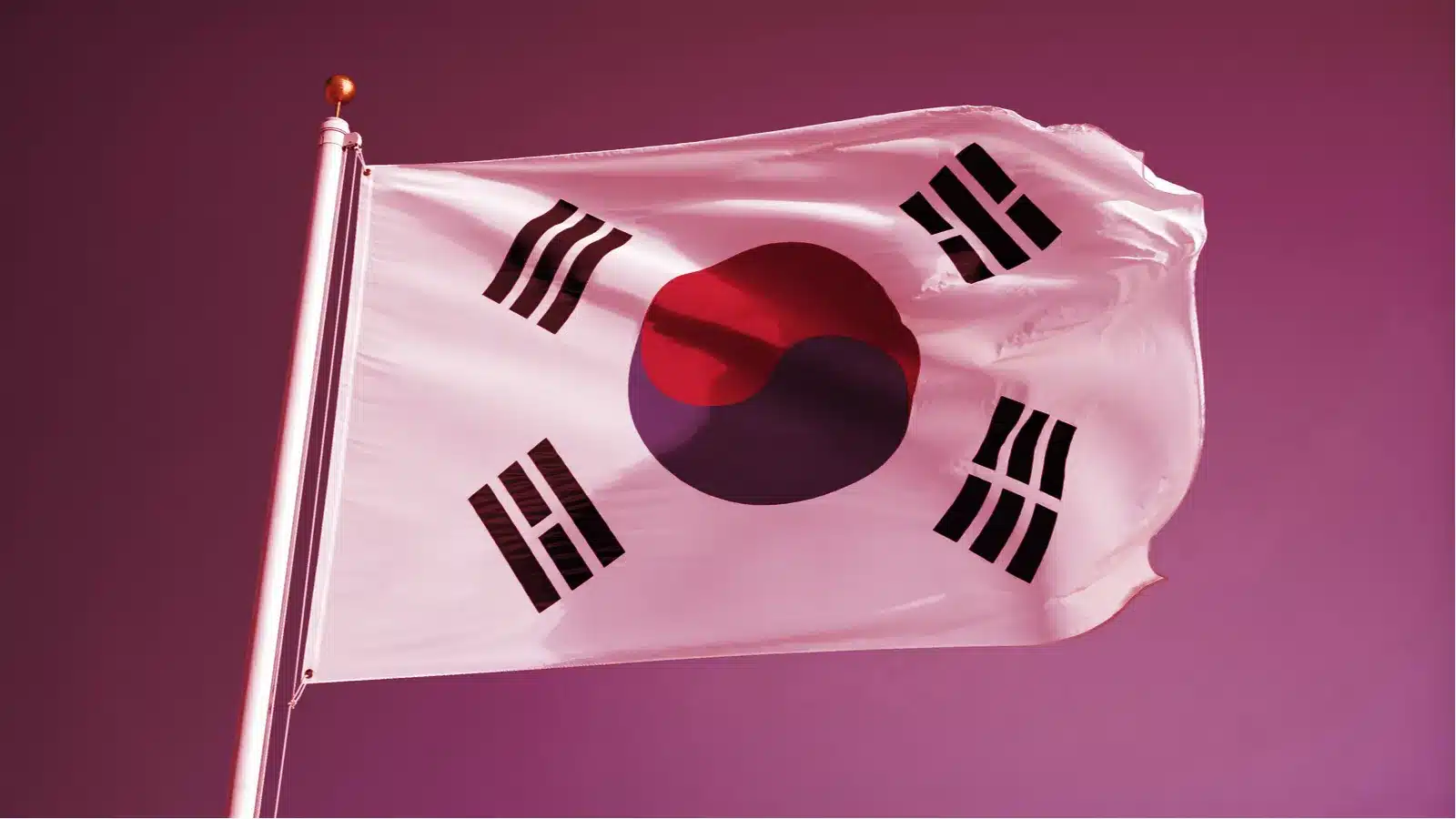South Korea’s top banking institutions call for immediate changes to a regulation restricting cryptocurrency exchanges to one exclusive banking partner. At a meeting with ruling party lawmakers this week, major banks urged the government to revise the rule that blocks competition and limits growth in the digital asset sector.
The current regulation requires each crypto exchange to partner with only one bank to offer fiat-to-crypto services. While this rule was introduced to ensure transparency and prevent financial crimes, banks argue that it has led to market imbalances and unfair advantages.
Executives from KB Kookmin, Shinhan, Hana, Woori, NH Nonghyup, Jeonbuk Bank, and Toss Bank were present at the meeting. Woori Bank President Jung Jin-wan stated that allowing exchanges to form multiple bank partnerships would provide more consumer options and meet rising institutional demand.
He highlighted that the current law creates barriers for banks that entered the crypto market later, leaving early movers to dominate. Jung emphasized that the exclusivity model no longer reflects the market’s evolving needs or the scale of user activity.
Also Read: Ukraine Moves to Tax Crypto Profits Amid Wartime Economic Measures
Banks Cite K-Bank’s Dominance in Crypto as a Key Concern
The request for regulatory changes at K-Bank emerged after its user base expanded dramatically following its exclusive agreement with Upbit, the largest crypto exchange in South Korea.
K-Bank experienced exponential user growth after its 2020 partnership with Upbit started because its customer numbers expanded from 2.19 million to 6.6 million users in one year before reaching 12.7 million users at the end of 2024.
Competing banks argue that such explosive growth stems directly from the exclusive framework, which has left other institutions with little chance to compete. The industry supports a policy change because it would create fair competition and foster innovative practices throughout financial institutions.
New statistics demonstrate that South Korea now has a cryptocurrency user population exceeding 16 million, which represents more than 30 percent of its total population. Due to the rising interest in this market, users have embraced cryptocurrency and own more than 102.6 trillion won in digital assets.
Further reports from the country’s Ethics Commission for Government Officials revealed that over 20 percent of high-ranking public servants own crypto assets. Four hundred eleven officials declared holdings in primary tokens like Bitcoin, Ethereum, XRP, Dogecoin, and LUNC, with an average value of 35.1 million won per person.
Conclusion
With cryptocurrency adoption rising across all sectors of society, South Korean banks are intensifying their call for fairer regulations. As lawmakers consider these demands, the debate around exclusivity in crypto banking continues to reshape the country’s financial landscape.
Also Read: Ripple Lawsuit: “Expect Something to Happen Soon,” Attorney Reveals – Here’s What’s Coming
